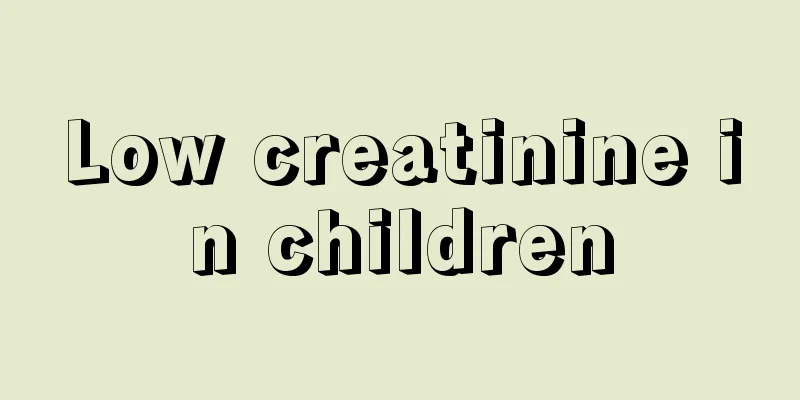How to care for your baby after teething

|
Teeth serve as a tool for us to chew food. They will go through several tooth growth and replacement processes from birth. During the first period of tooth growth, babies need the care and attention of their parents. Babies start growing teeth when they are not fully aware of the situation, so a lot of care needs to be done by their parents, such as cleaning the inside of the baby's mouth after feeding or eating complementary food, and also paying attention to supplementing the baby's body with calcium. 1. Remember to rinse your mouth after eating. After the baby feeds milk or eats complementary food, there may be a lot of food residues or milk stains left inside the baby's mouth, which is extremely harmful to the baby's mouth and teeth over time. After the baby eats, let the baby drink some warm water to rinse his mouth. This will not only clean the baby's mouth, but also promote the baby's digestion. 2. Take appropriate measures to clean your mouth. When the baby's first tooth erupts, parents should clean the baby's mouth at least once a day. When only the front teeth erupt, appropriate measures can be taken, such as wrapping a clean and soft gauze around a cotton swab and using warm water to clean the teeth, oral mucosa, tongue and other parts. Note that when cleaning your teeth, you should clean every surface of the teeth. Brush 1-2 times and use a new gauze each time. When the baby grows up, you can use your finger to hold the toothbrush and clean the baby's oral hygiene. 3. Replenish calcium in time. Babies need more calcium during the teething period. Parents should supplement calcium for their babies in time. They can let their babies eat some foods with high calcium content, such as dried shrimps, tender tofu, etc. You should also ensure that your baby gets enough breast milk every day, because breast milk is the most natural, safest and most complete natural food for your baby's growth. It not only supplements the nutrients needed for your baby's growth, but the rich calcium and phosphorus can protect your baby's teeth and promote your baby's growth. 4. Add relatively hard complementary food. When the baby is teething, the gums will feel itchy and painful to varying degrees. You can add hard complementary foods to the baby appropriately. When the baby's gums are swollen and painful, try to give the baby slightly warmer or cooler food to relieve the symptoms of swollen and painful gums. You can also prepare some teething sticks and teething gels for your baby to help him or her grind their teeth and relieve gum discomfort. The teething gels can also be chilled to better relieve gum discomfort. |
<<: Why is it difficult for children to fall asleep?
>>: Do 4-month-old babies need calcium supplements?
Recommend
What should I pay attention to when bathing my baby with urticaria?
Hives are very itchy and cause a lot of red rashe...
What to eat for children with bronchitis and cough
Some children may suffer from bronchitis. At this...
What is the best month to wean your baby?
Weaning is good for your children. Parents certai...
What is the condition of children's black nails?
What does it mean when a child’s nails turn black...
Introduction to the recipe of children's nutritious porridge
Nowadays, people's lives are getting better a...
Is it good to drink honey if the baby has pneumonia?
For all parents, paying attention to the baby'...
A lump under the child's eyes
A lump under a child's eye may be caused by a...
What to do if your child has neck pain
In daily life, parents should pay close attention...
Infants and young children with asthma should pay attention to these
In general, asthma in infants and young children ...
How to treat sinusitis in a two-year-old baby
Adults are very anxious when children get a littl...
How to take care of a baby girl's private parts
Girls' private parts are relatively private. ...
Can babies eat scallops? This is what parenting experts say
Dried scallops are very rich in nutrients and are...
3-year-old baby has white spots on his face
A baby's face is generally smooth and fair. H...
What causes vomiting in young children?
Many parents have encountered vomiting in their y...
How to prevent children from getting myopia
Adolescent myopia has become a problem that many ...









